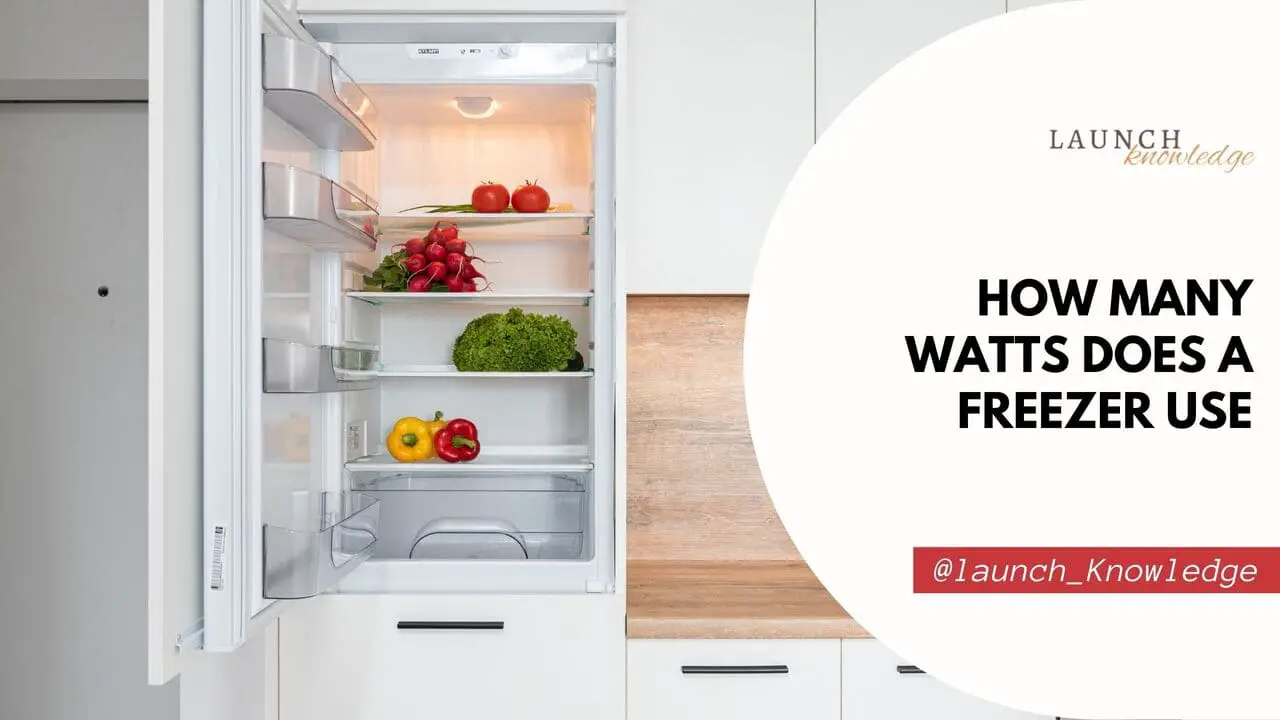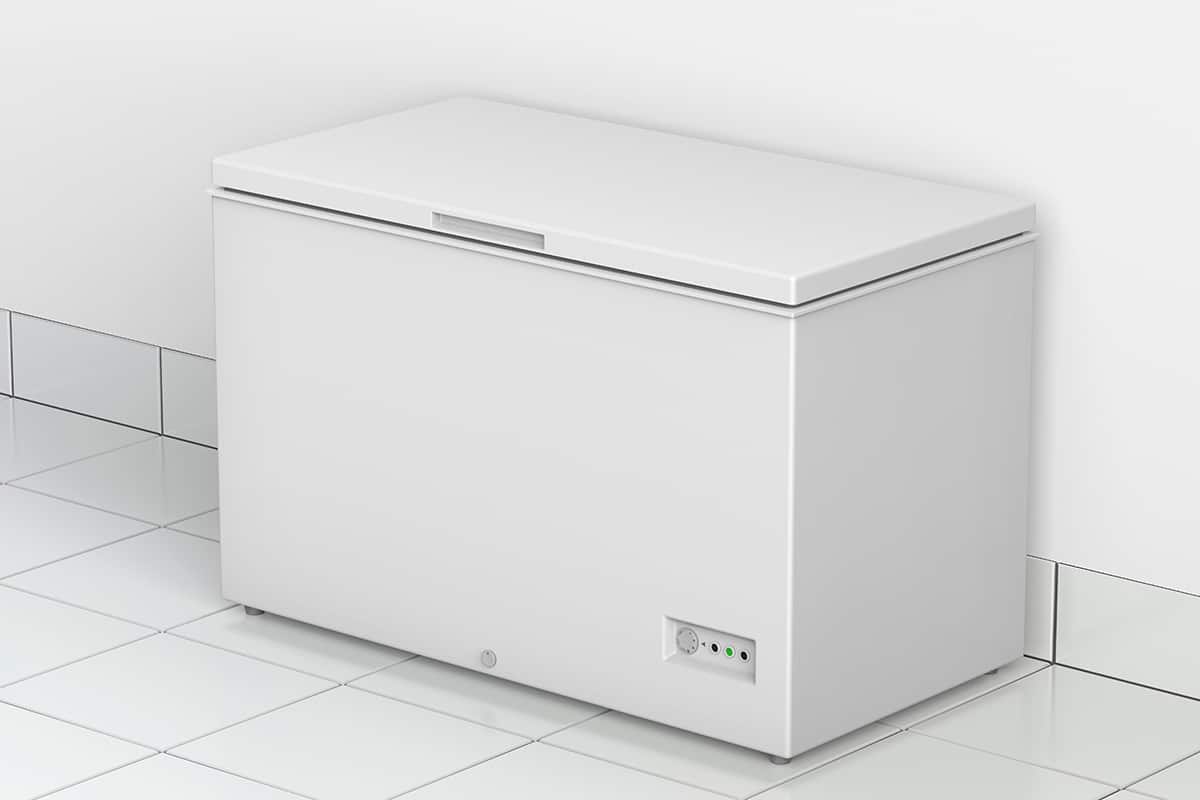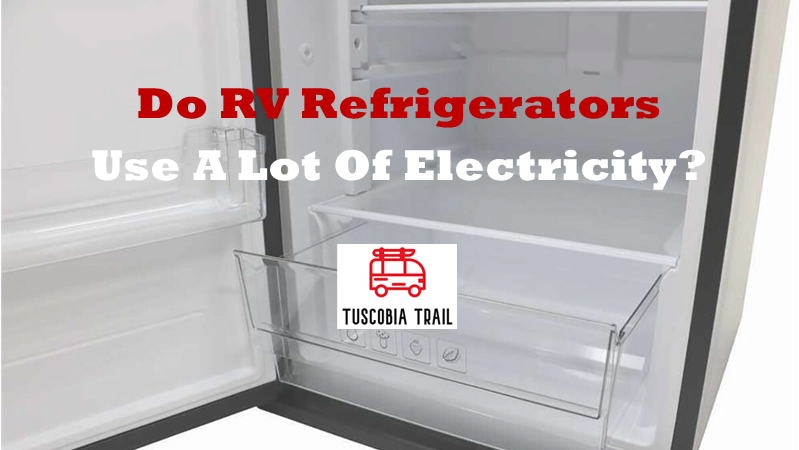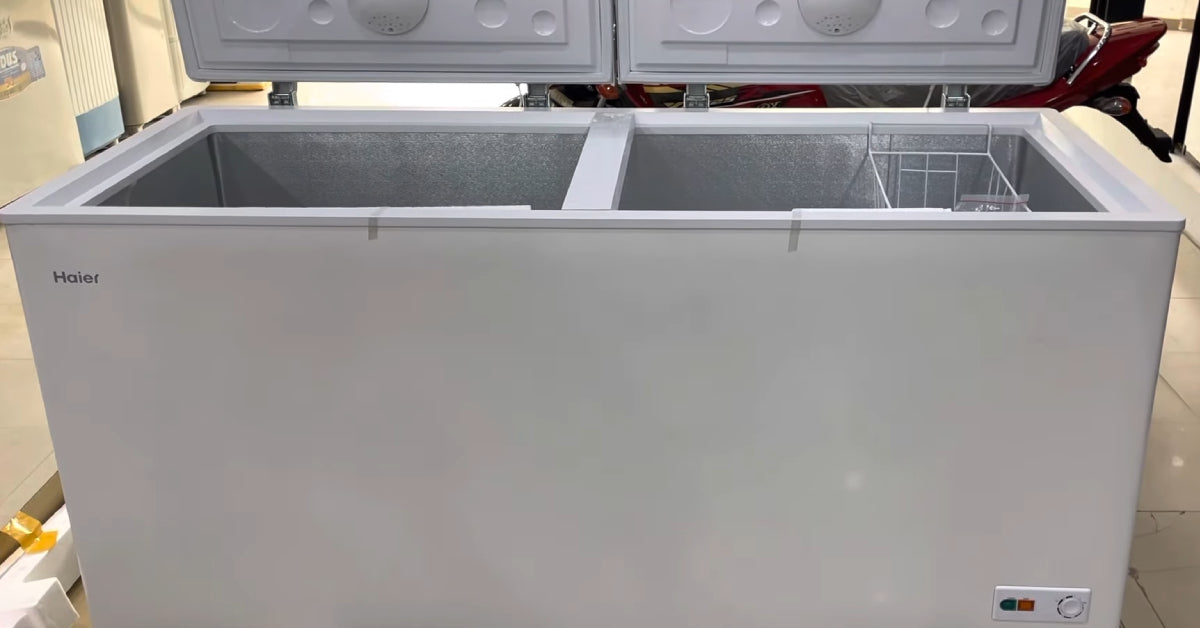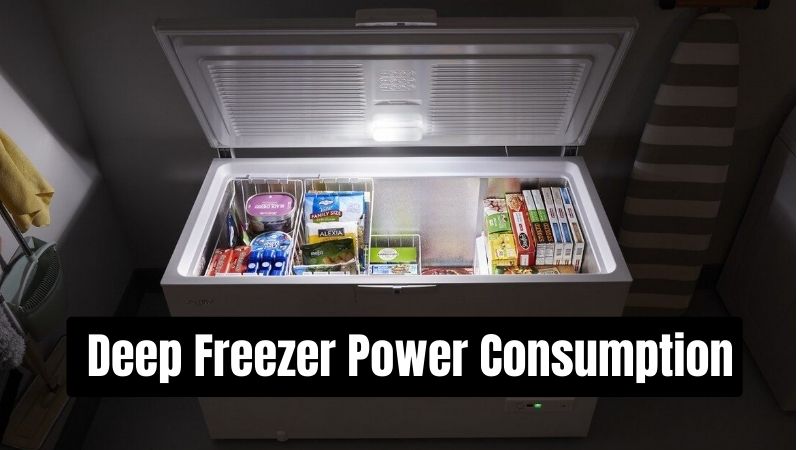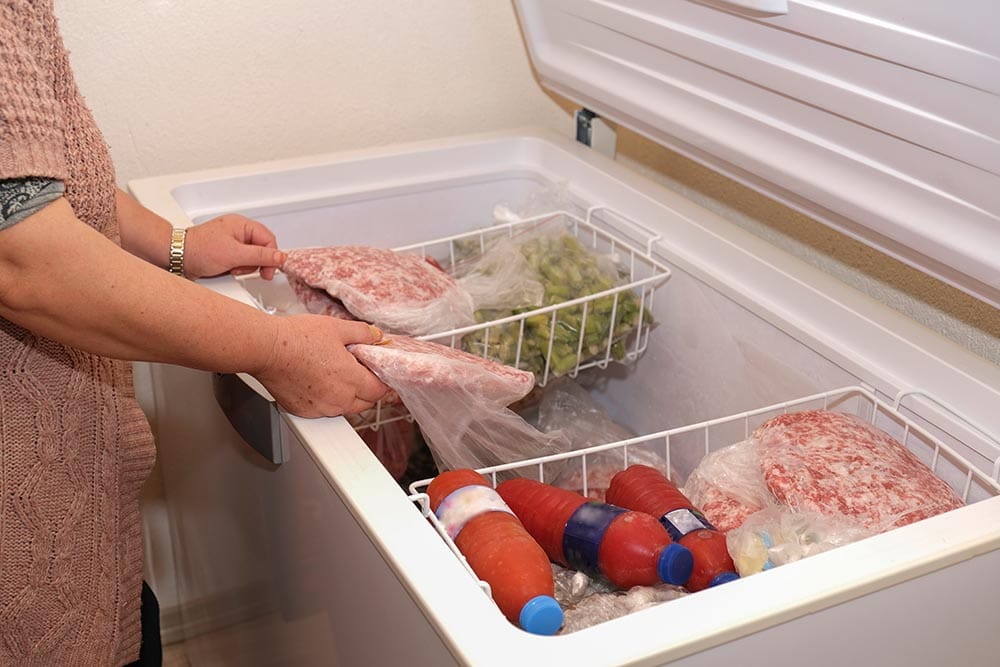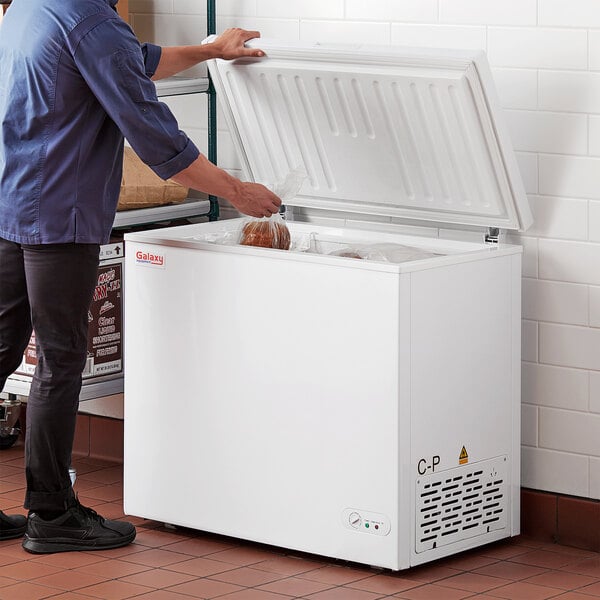Do Upright Freezers Use A Lot Of Electricity
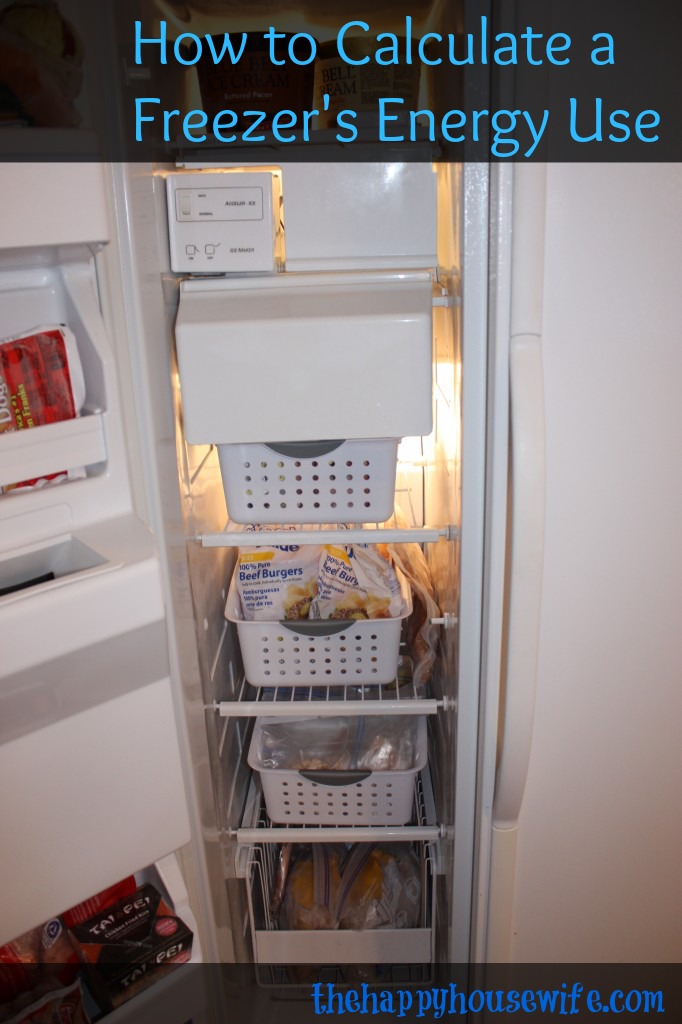
Urgent concerns are rising over the energy consumption of upright freezers. Experts warn these appliances can significantly impact household electricity bills, prompting consumers to reassess their usage.
This article dives into the electricity usage of upright freezers, offering data-backed insights to help you manage your energy consumption and potentially save money.
Upright Freezer Energy Consumption: The Facts
Upright freezers, while convenient, are known energy consumers. The exact amount of electricity they use depends on several factors.
These factors include the model's energy efficiency, its size, how full it is, and the ambient temperature of the room it's in.
Energy Star Ratings Matter
Look for the Energy Star label. Models with this rating are designed to be more energy-efficient.
Energy Star certified upright freezers typically use less energy than non-certified models of similar size and features.
Average Consumption Data
According to the U.S. Energy Information Administration (EIA), refrigerators and freezers account for roughly 13.7% of the average U.S. household's energy consumption. While this includes refrigerators, it highlights the general impact of cold storage appliances.
Specific energy consumption for upright freezers can range from 300 to 700 kilowatt-hours (kWh) per year, potentially adding $40 to $100 or more to your annual electricity bill, depending on your local electricity rates.
Older models are often significantly less efficient, potentially consuming even more energy.
Factors Influencing Energy Use
Several factors can significantly influence how much electricity your upright freezer uses.
A freezer that is too empty will consume more energy, as it requires more energy to maintain the cold temperature in the empty space.
Conversely, overfilling can restrict airflow and also increase energy consumption.
Temperature Control Is Key
Setting the temperature too low is a common mistake. The ideal temperature for a freezer is 0°F (-18°C).
Lowering the temperature further than necessary simply wastes energy.
Location, Location, Location
The location of your freezer matters. Avoid placing it in direct sunlight or near heat sources like ovens or radiators.
These conditions force the freezer to work harder to maintain its internal temperature, increasing energy consumption.
Maintenance Matters
Regular maintenance is crucial. Ensure the door seals are tight to prevent cold air from escaping.
Defrost your freezer regularly if it's not a frost-free model. Ice buildup reduces efficiency.
What Can You Do? Immediate Steps
Take action now to manage your freezer's energy use.
First, check the energy rating and model number of your freezer and compare it to similar models.
Consider upgrading to a more energy-efficient model if your current freezer is old and inefficient. Contact local appliance retailers or consult online resources for available Energy Star-certified options.
Ongoing Developments
The Department of Energy (DOE) is constantly updating energy efficiency standards for appliances.
Stay informed about these changes to make informed decisions about your appliance purchases and usage. Keep checking for updates on energy consumption and efficiency ratings to optimize your household energy use and reduce your carbon footprint.
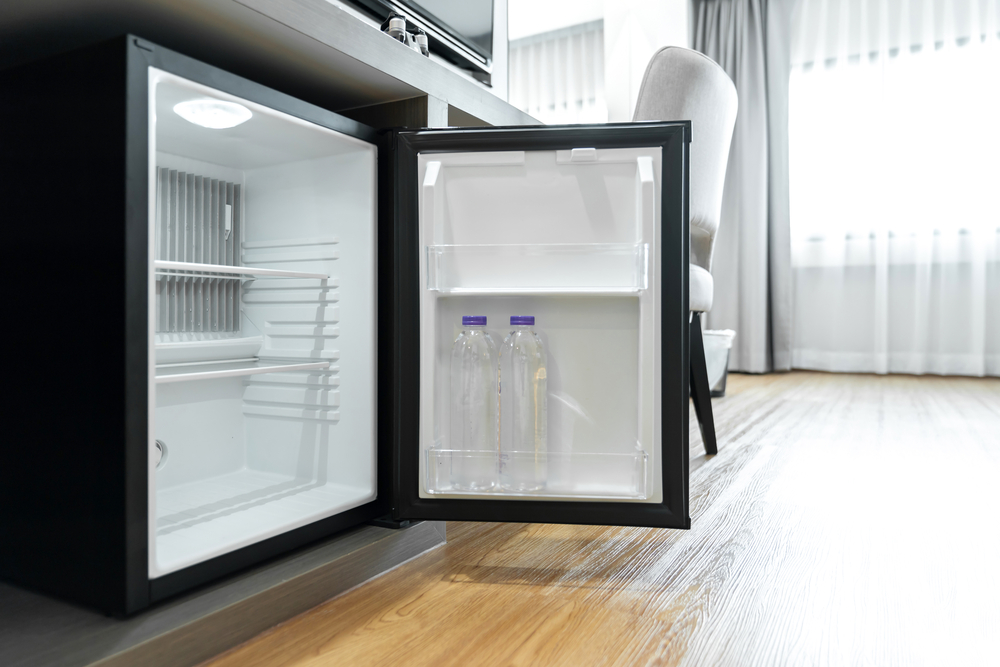
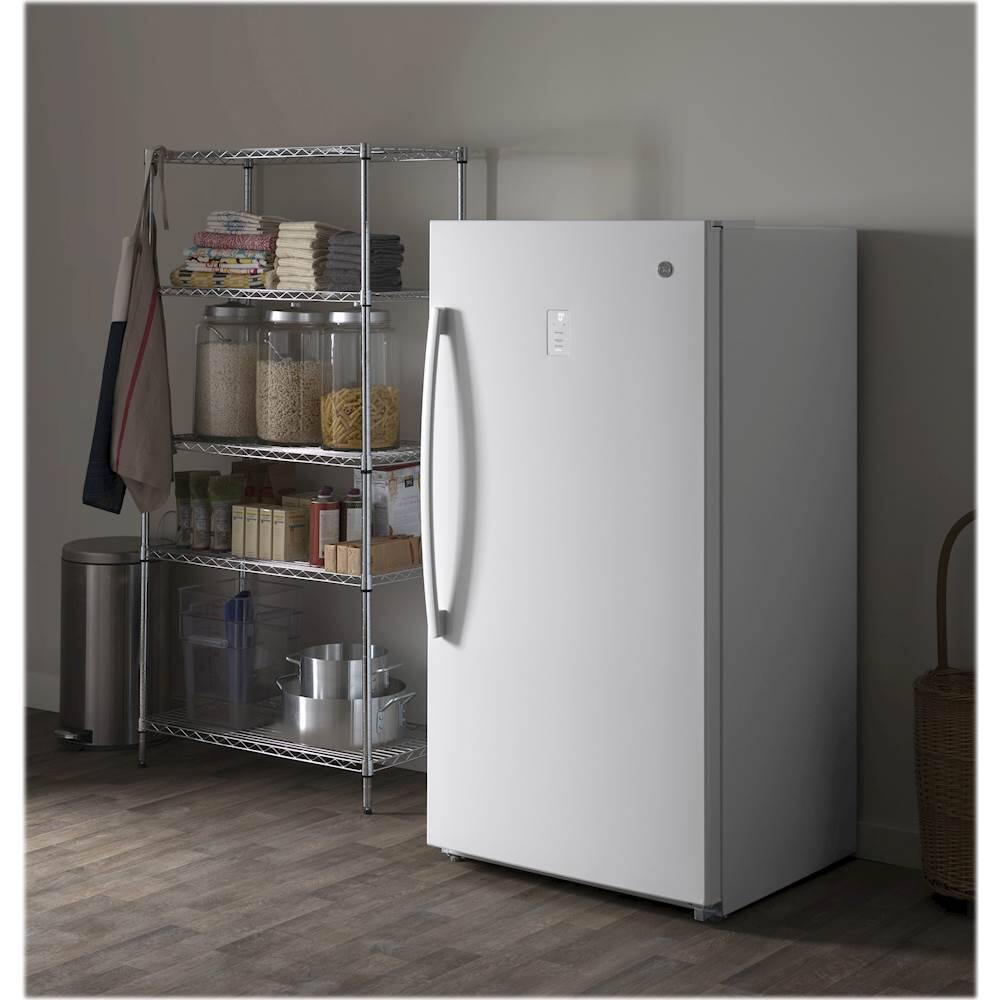
![Do Upright Freezers Use A Lot Of Electricity Freezer Wattage Results [Most Efficient Revealed 2024]](https://ecocostsavings.com/wp-content/uploads/2022/02/freezer-wattage.jpg)



